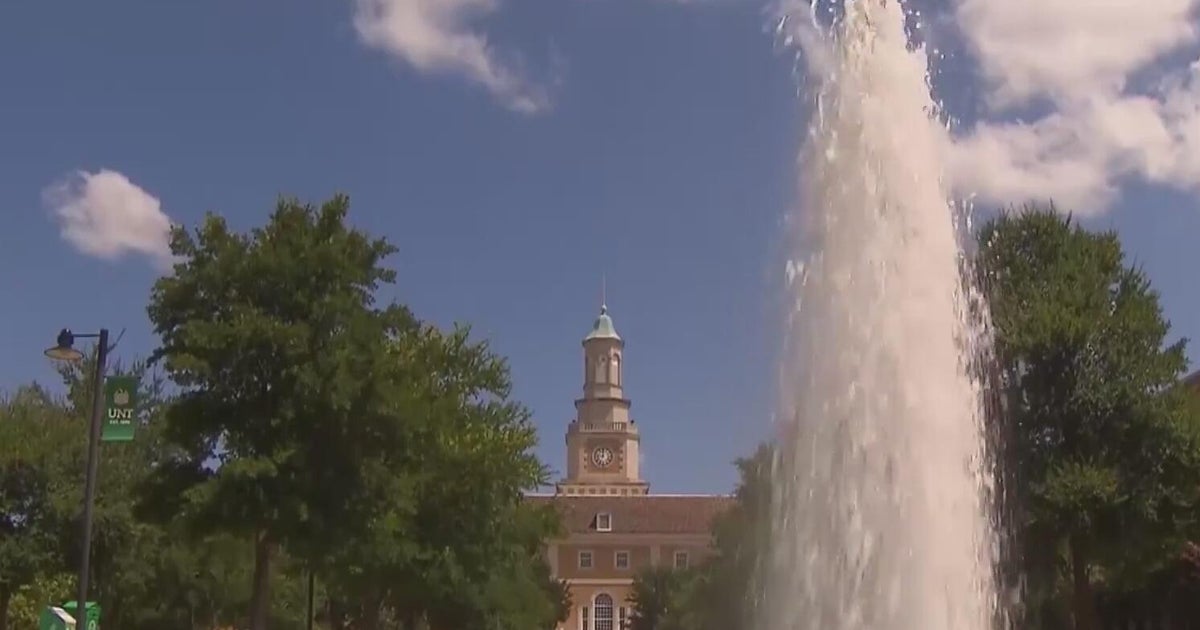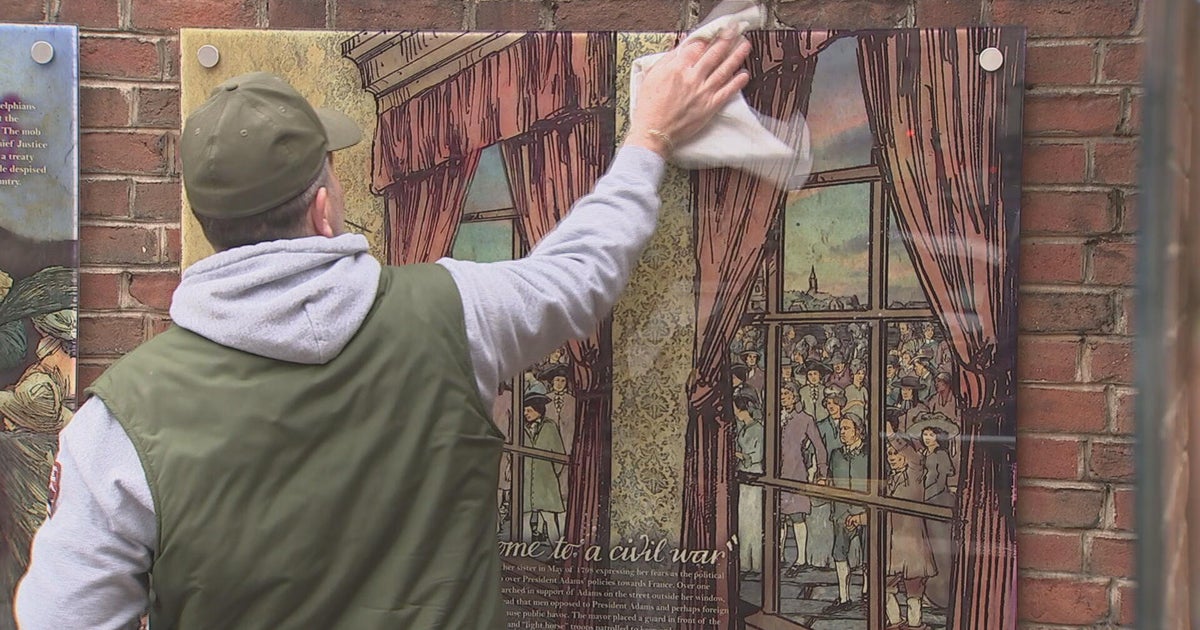Harvard President Claudine Gay's future remains uncertain after testimony before Congress
CAMBRIDGE - Hundreds of Harvard faculty signed a letter calling for the university's two governing boards to resist external pressure as they decide the fate of Harvard President Claudine Gay.
Gay and the Presidents of MIT and the University of Pennsylvania came under fire after testimony before Congress, last week, regarding antisemitism on college campuses.
What did Harvard President Claudine Gay Do?
The most controversial exchange happened between Republican Congresswoman Elise Stefanik and the three presidents.
"At Harvard, does calling for the genocide of Jews violate Harvard's rules of bullying or harassment, yes, or no?" Stefanik asked Gay.
"It can be, depending on the context," Gay responded.
Since then, more than 70 members of Congress, mostly Republicans, have called for the resignation of all three. University of Pennsylvania President Liz Magill announced her resignation on Saturday.
Harvard faculty support of Gay
On Sunday, Harvard's governing boards met and as of Monday evening, released no statement on Claudine Gay's future.
More than 700 faculty members sent the Harvard Corporation a letter calling for the boards to resist pressure from politicians and donors to force Gay to resign.
"One thing we all agreed on was we didn't think that politicians should be forcing university presidents to resign or to say certain things, or something like that. And also, billionaire alumni on Twitter shouldn't be doing that either," said Harvard government professor Ryan Enos, who signed the letter.
"I think there's things that she should have done differently, and I've told her that," Enos added.
The Harvard Alumni Association Executive Committee also voiced support for Gay, according to the Harvard Crimson.
Thus far, MIT president Sally Kornbluth has resisted calls for her resignation.
In a statement issued Thursday evening, MIT's governing board declared its "full and unreserved support" of Kornbluth.








